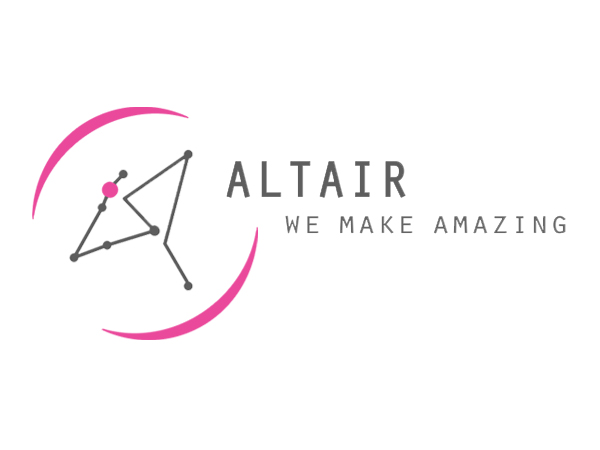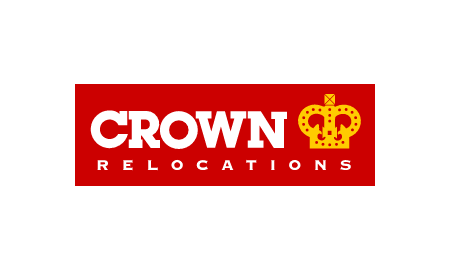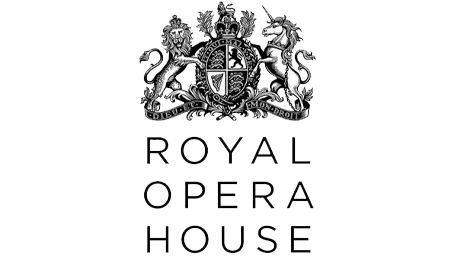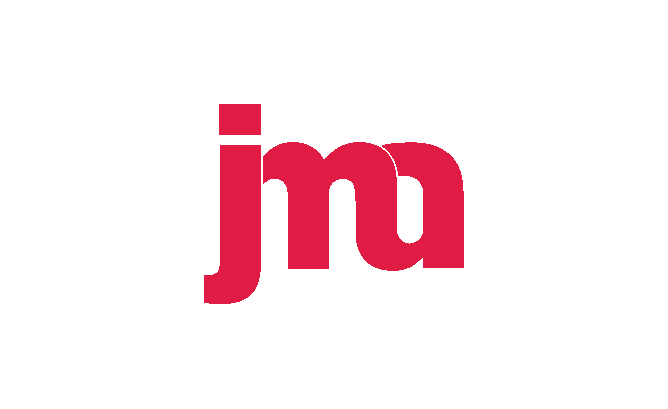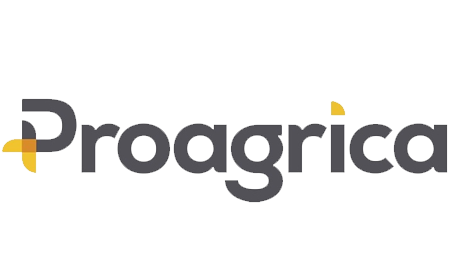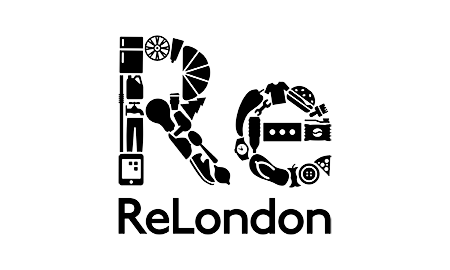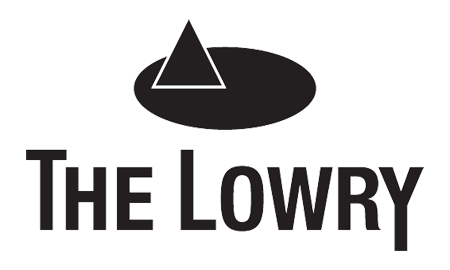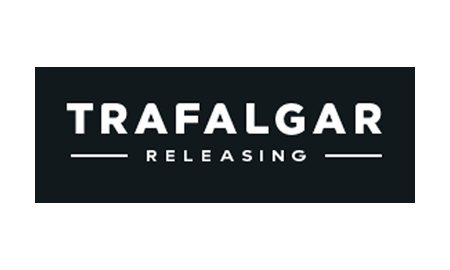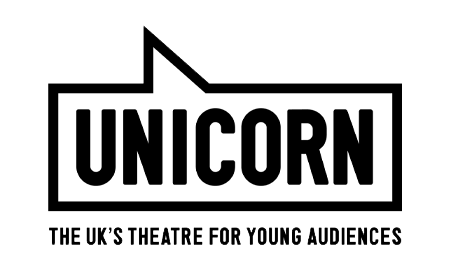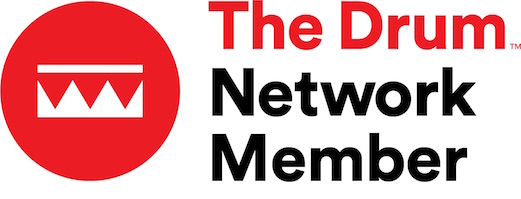Many organisations are feeling the effects of wanting a sustainable business model to needing a sustainable model to keep up with leading brands.
We have also seen legislation changes which have accelerated the need for sustainable practices. The Environment Act, which was brought into effect in 2021, acts as a framework for the UK’s environmental protection. The act was brought in to fill the gap which was created once the UK left the European Union. Previous environmental protections came from Brussels.
Employees are looking to work for businesses where they can pursue meaningful work. A survey from YouGov has revealed a quarter of British workers don’t find their job meaningful. Furthermore, ICTSD have found 83% of employees think their employer is doing too little to become more sustainable and 65% felt they would be more likely to find employment within an organisation which holds a healthy level of environmental policy.
People want to build careers with businesses that make an impact. By making sustainable solutions a priority within your business, you are likely to see employees flock to you as they want to work for value-driven companies.
65% (of employees) felt they would be more likely to find employment with an organization that upholds a healthy level of environmental policy.
But why is it important for businesses? This blog discusses how businesses can create a sustainable business model.
What role does sustainability play in business?
Simply put, sustainability put into business practice, means operating your business without negatively effecting the environment around you. Through the products you sell, to the practices you implement in the workplace, these should all have a positive business impact.
Why should businesses create a more sustainable business model?
According to an article on we forum, being sustainable will mean your business costs will reduce and operating costs will improve by up to 60%.
Not only this but it has also been reported by SmartestEnergy that 81% of people prefer to buy from sustainable sellers.
What are we doing to be more sustainable?
At Altair Media, we think it’s important that we don’t just write about sustainability, or work with clients who are sustainably conscious, but also put sustainability into practice in our own business.
Here are just a few practices we have put in place, to take steps in improving our sustainable footprint.
Briivv Air filters are made using 90% natural and renewable materials and claims to be the most sustainable air filter on Earth.
Using just one Briiv Air Filter is the equivalent of having 3,043 houseplants.
We chose Briiv because we wanted to create a clean aired space for our employees, and finding Briiv meant we could do this in a really sustainable way.
If we’re being honest, we found who gives a crap, firstly not because of eco reasons but because we were looking for a product of convenience. Unfortunately, we couldn’t keep sending employees to the local Sainsbury’s to pick up another pack of toilet roll.
We came across who gives a crap, who were able to restock us on a subscription base, but also have some amazing sustainable and ethical benefits.
They donate 50% of their profits to ensure everyone has access to clean water and a toilet and have at this time donated over $10.8 M AUD.
Their products are 100% recycled and plastic free. Not only this but they are B Corp certified.
You can’t have an office without beautiful coffee to get your employees through it.
We chose Clumsy Goat Coffee for a couple of reasons.
Not only is the business sustainably conscious, meaning all their coffee roasts are sourced form Fairtrade Farms but we also love the options we get, with new roasts each week from around the world.
Simple, delicious and keeps our employees going.
Swap Shop Event
A new initiative we have put in place to tackle textile waste. Our employees have banded together to create a swap shop!
This was created to minimise the number of clothing items sent to textile banks.
The initiative allows our employees to swap clothes on a token basis. You bring in 5 items, you can pick up 5 items. Anything not swapped is taken to local charity shops.
Conclusion
There are little and big changes your business can make without having to sacrifice profit margins. Creating a sustainable business model should be a core priority to keep up competition but you don’t have to hinder your business profit. The small changes are enough to make a big impact.
